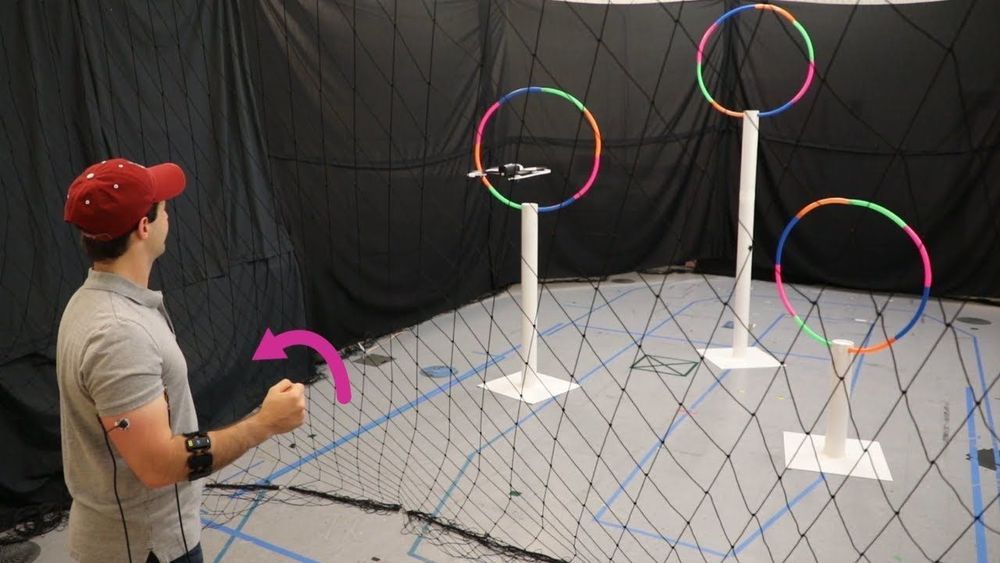Albert Einstein famously postulated that “the only real valuable thing is intuition,” arguably one of the most important keys to understanding intention and communication.
But intuitiveness is hard to teach—especially to a machine. Looking to improve this, a team from MIT’s Computer Science and Artificial Intelligence Laboratory (CSAIL) came up with a method that dials us closer to more seamless human–robot collaboration. The system, called “Conduct-A-Bot,” uses human muscle signals from wearable sensors to pilot a robot’s movement.
“We envision a world in which machines help people with cognitive and physical work, and to do so, they adapt to people rather than the other way around,” says Professor Daniela Rus, director of CSAIL, deputy dean of research for the MIT Stephen A. Schwarzman College of Computing, and co-author on a paper about the system.










Comments are closed.